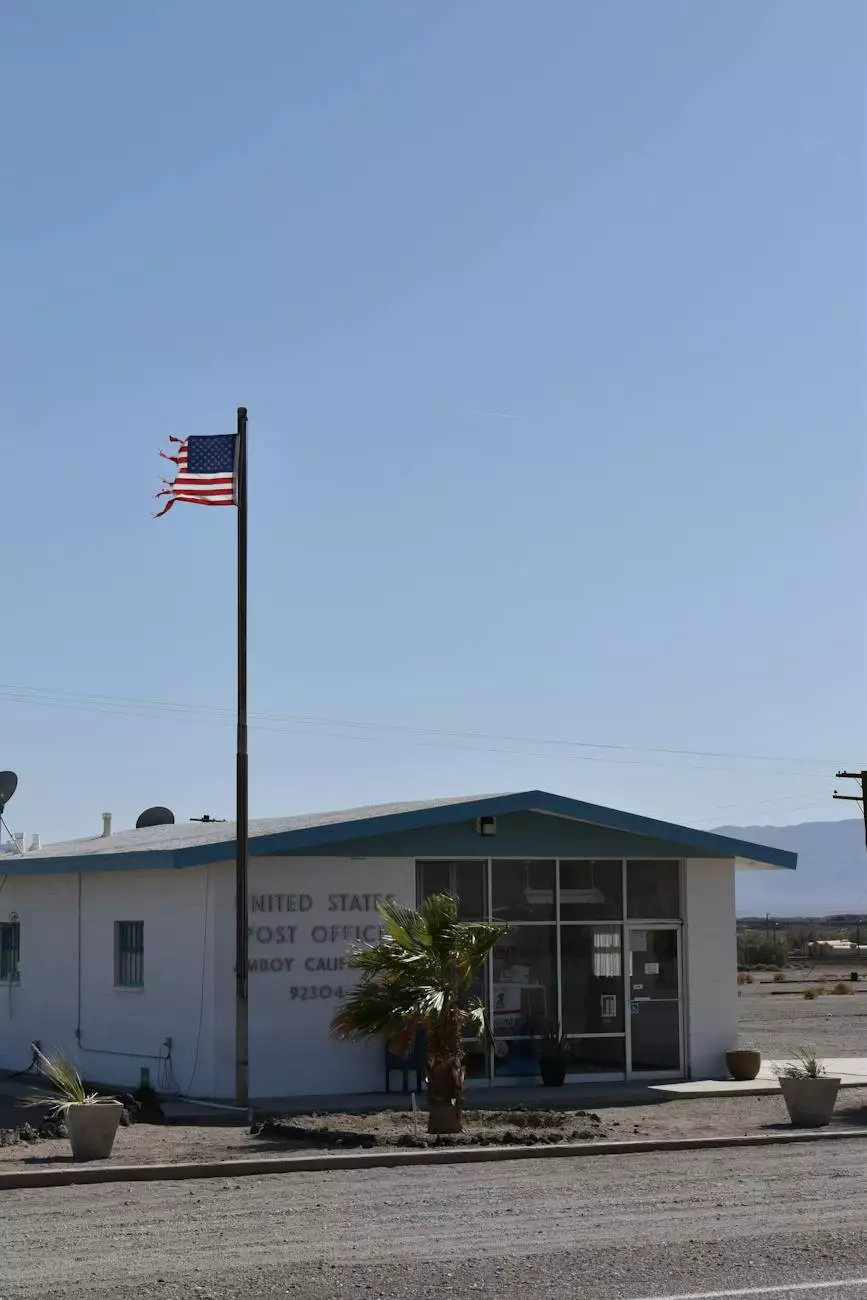Questions about Backflow
Service Area
The Role of Backflow Prevention in Maintaining a Healthy Garden
Welcome to California Sprinklers, your trusted source of information and services in the Home and Garden - Gardening category. In this section, we aim to provide you with comprehensive answers to some of the most frequently asked questions about backflow prevention in your garden irrigation system.
1. What is backflow and why is it important to prevent it?
Backflow is the undesirable reversal of water flow in a plumbing system, causing contaminated water to enter the clean water supply. In the context of garden irrigation, it refers to the contamination of irrigation water with fertilizers, pesticides, or other chemicals, and its potential to contaminate the soil and plants. Preventing backflow is crucial to maintain a healthy garden environment, ensuring the safety of both your plants and your family.
2. How does backflow occur in garden irrigation systems?
Backflow can occur in garden irrigation systems due to a sudden decrease in water pressure or a change in pressure gradient between the irrigation system and the water supply. Common causes include a burst water main, a strong demand for water from firefighting activities, or a malfunctioning backflow prevention device. Poorly designed or outdated irrigation systems can increase the risk of backflow.
3. What are the potential health risks associated with backflow?
When backflow occurs, contaminants present in irrigation water such as fertilizers, pesticides, or even bacteria and viruses can find their way into the soil, compromising the quality and safety of your garden produce. Ingesting or coming into contact with these contaminants can pose health risks, particularly for young children, pregnant women, or individuals with compromised immune systems.
4. How can California Sprinklers help prevent backflow in my garden irrigation system?
At California Sprinklers, we understand the importance of backflow prevention in maintaining a healthy and thriving garden. Our team of experts specializes in the installation, maintenance, and repair of backflow prevention devices in garden irrigation systems. We ensure that your irrigation system is equipped with the necessary safeguards to prevent backflow and protect your garden from potential contamination.
5. What are the signs that my garden irrigation system might be at risk of backflow?
While backflow can sometimes occur without visible signs, there are a few indicators that may suggest your garden irrigation system is at risk. These include:
- Fluctuating water pressure
- An unusual odor or taste in the irrigation water
- Visible discoloration or cloudiness in the irrigation water
- Unexplained plant damage or poor overall plant health
6. How often should backflow prevention devices be tested?
Regular testing of backflow prevention devices is essential to ensure their proper functioning and effectiveness. We recommend annual testing by a certified professional like California Sprinklers. Our team will conduct thorough inspections, maintenance, and testing of your backflow prevention devices to ensure they meet the required standards and regulations.
7. Are there any legal requirements for backflow prevention in garden irrigation systems?
Specific legal requirements for backflow prevention in garden irrigation systems may vary depending on your location. However, many municipalities and water authorities have regulations in place to ensure the safety and integrity of the water supply. It is best to consult with your local authorities or contact California Sprinklers for guidance on compliance and the necessary steps to protect your garden.
Conclusion
Protecting your garden from the risks of backflow is of utmost importance in maintaining a healthy and thriving outdoor space. California Sprinklers is here to help you ensure the safety and integrity of your garden irrigation system. Our team of experts is committed to providing the highest quality services in backflow prevention, ensuring your peace of mind and the well-being of your garden and loved ones. Contact us today to learn more and schedule a consultation!




